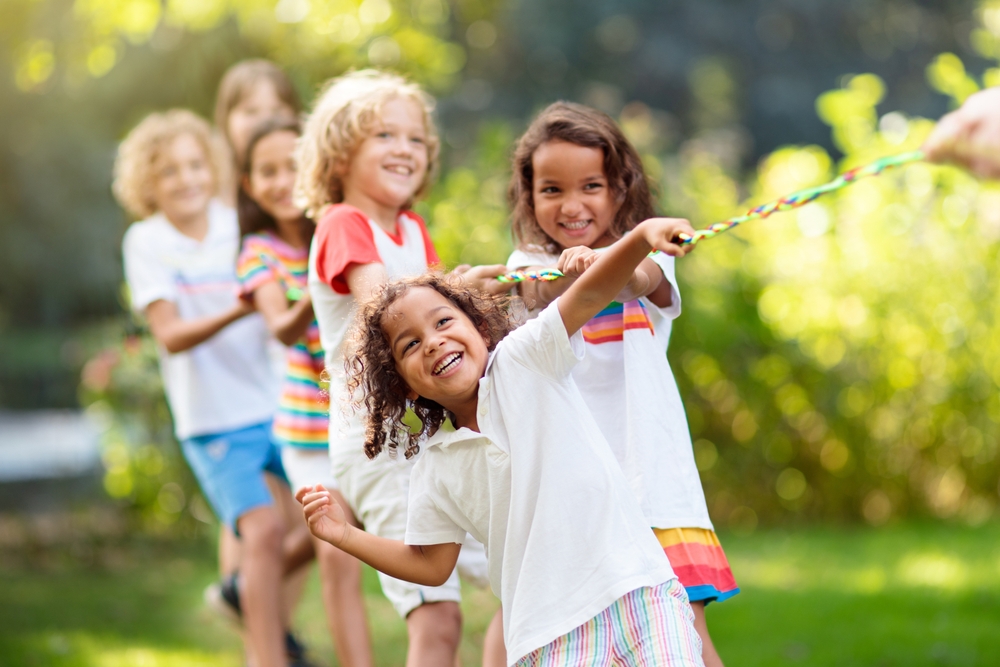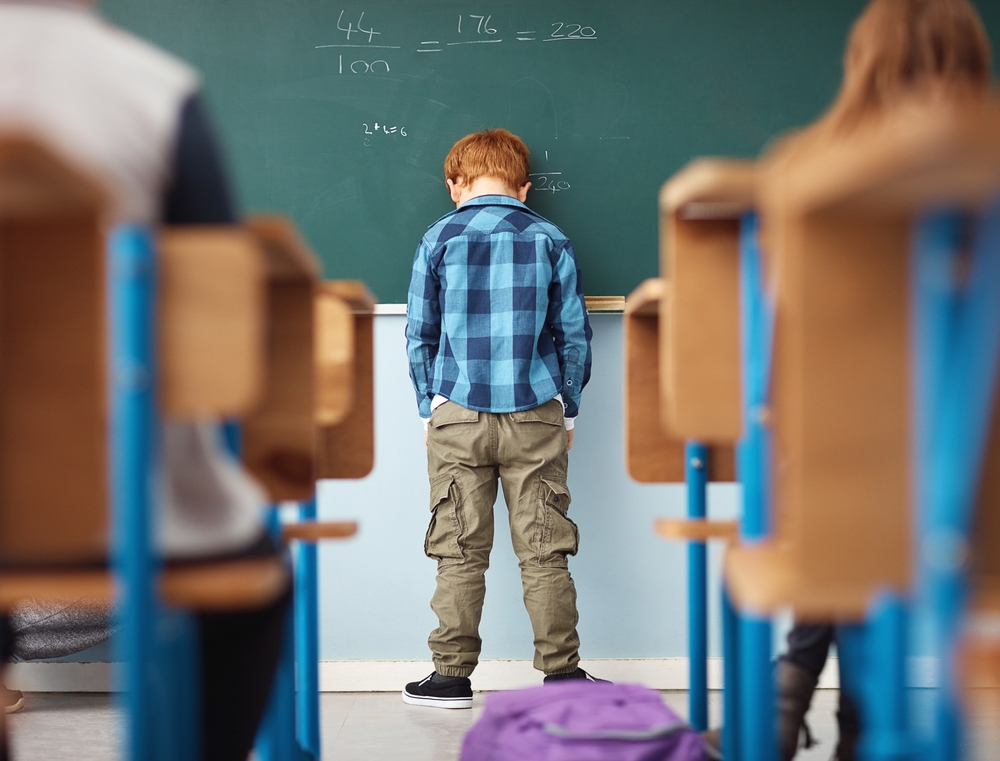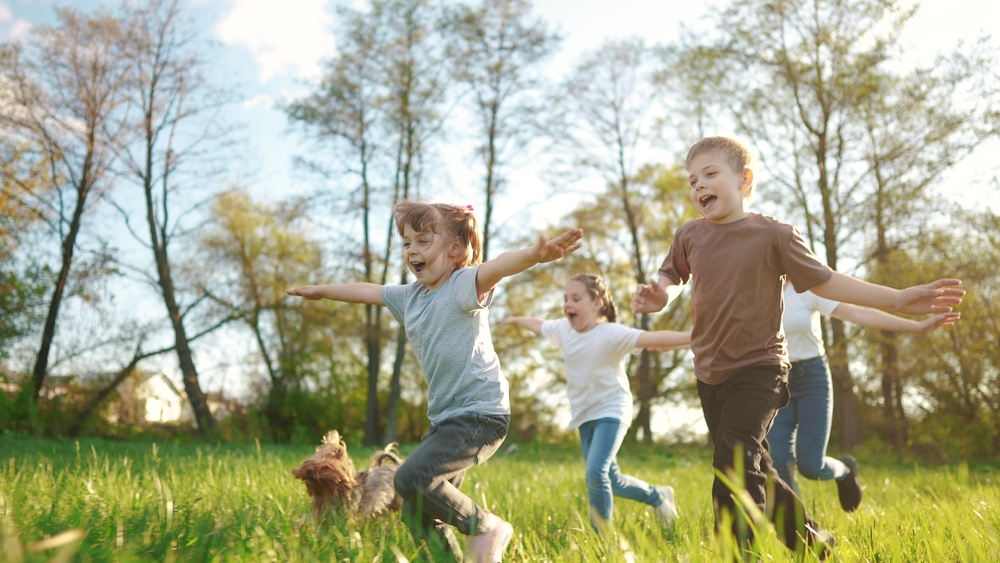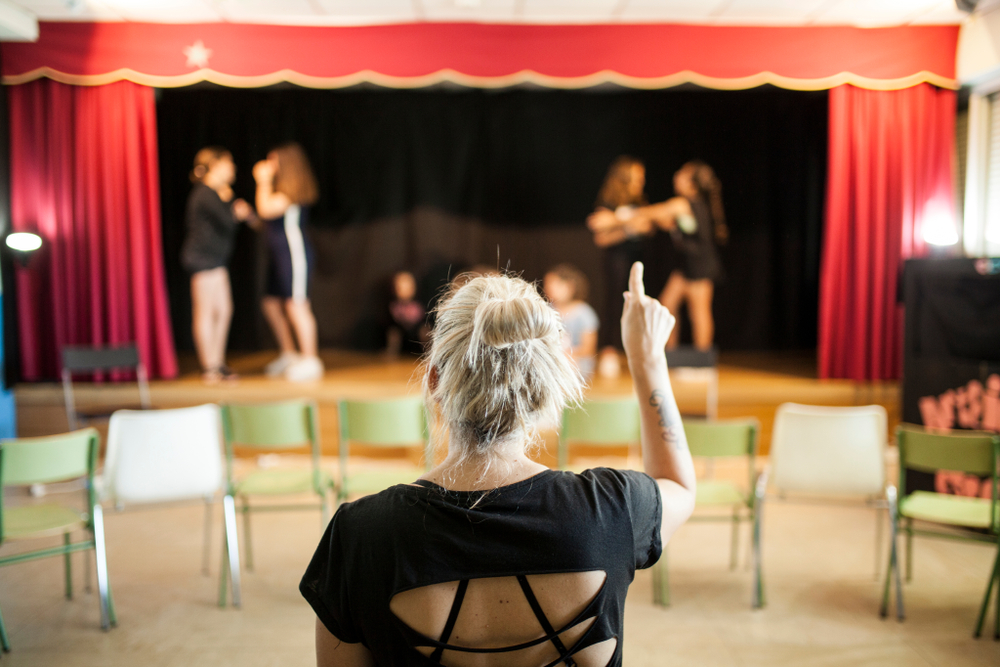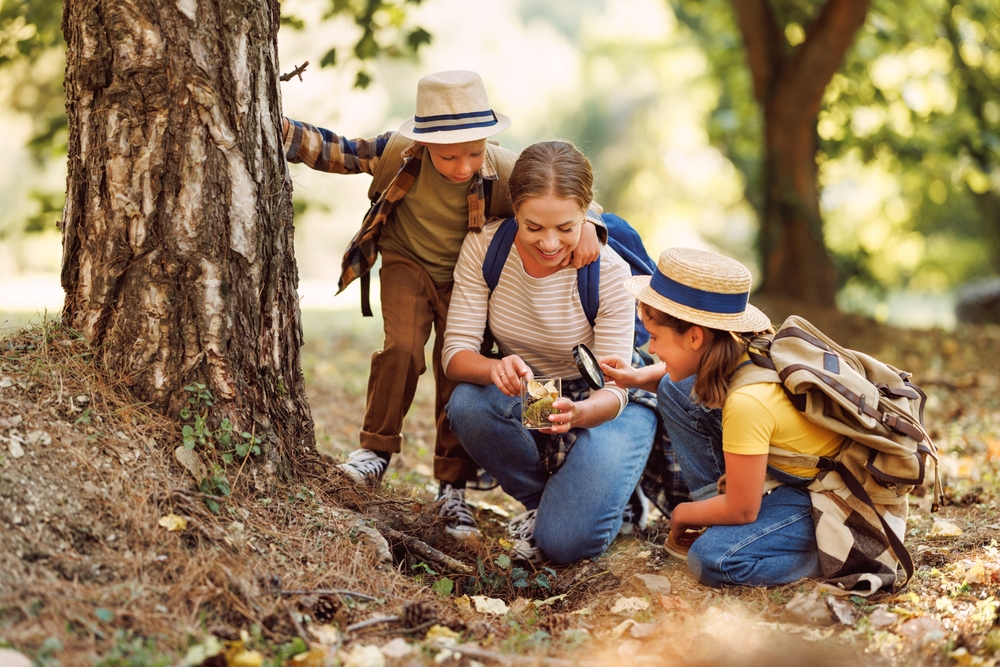In a concerning trend for child development, a recent study has found that outdoor playtime during school hours has significantly diminished in the UK over the past two decades. Once regarded as a vital aspect of the school experience, playtime is now facing serious reductions in both duration and spatial availability.
According to the research, the average breaktime for Key Stage One students (ages 5-7) decreased from 94 minutes in 1995 to just 85 minutes in 2017. Similarly, Key Stage Two students (ages 7-11) experienced a drop from 83 to 75 minutes. The most alarming decline was observed among Key Stage Three and Four students (ages 11-16), whose average breaktime plummeted from 74 minutes to 63 minutes in the same timeframe.
These reductions in playtime come amidst a broader discussion about the role of play in education and child development. Recognizing the importance of unstructured play for effective learning, the Welsh government has taken proactive steps toward curriculum reform. The new Welsh curriculum emphasizes the necessity of maintaining playtime for children, framing it as a “fundamental right for all learners.” This initiative highlights play-based learning and outdoor time as essential components of successful educational practices.
While the decline in outdoor playtime can be attributed to various factors, including reduced school outdoor spaces and increased screen time, experts agree that these challenges warrant meaningful intervention. The need for balance in children’s activities—between structured learning and unstructured play—has never been more critical.
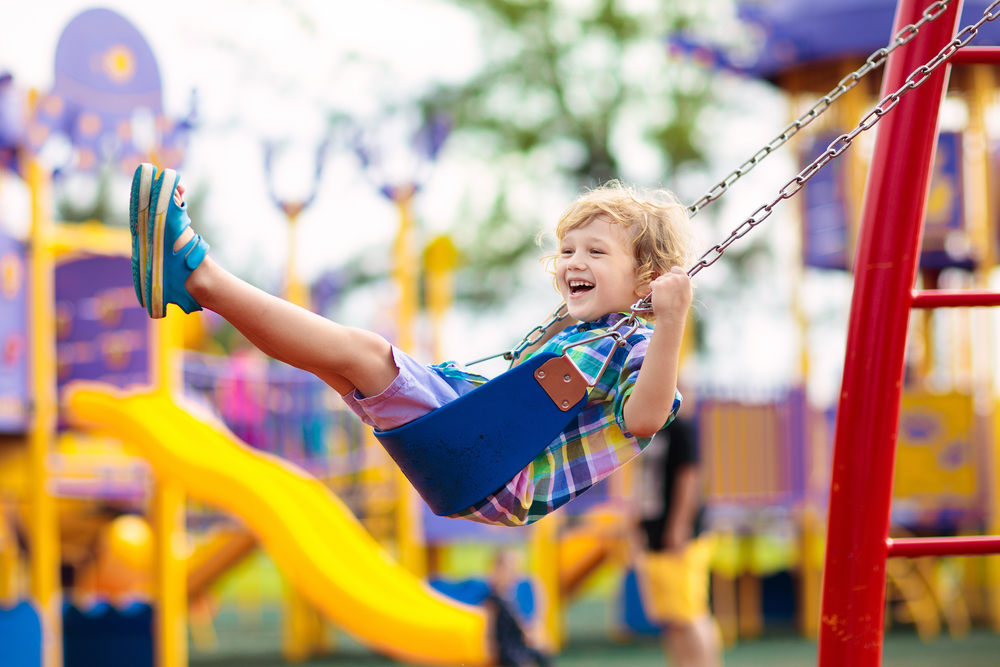
To support parents and educators in fostering play and executive functioning skills, the Center on the Developing Child at Harvard University provides a valuable online resource. This resource includes specific activities designed to enhance children’s executive function through play, emphasizing the importance of engaging children in meaningful interactions.
As schools and policymakers consider solutions to this pressing issue, the emphasis remains clear: children need ample time and space to play, not just for enjoyment, but for their overall development and well-being. The call to action is loud and clear—it’s time to prioritize playtime in our schools once again.
For more information on enhancing executive function through play, visit the resource provided by Harvard University here.
Extra-Curricular Activities that may be of interest:
Get a special discount by quoting code AISLMALL during CHECKOUT.
AISL Outdoor: International Leaders of Tomorrow (Residential Camp)

Exclusively delivered in Asia in partnership with Polar Aspect—a global leader in Arctic education and public policy—this programme introduces students to the complexities of international relations through the pioneering Model Arctic Council (MAC), the only such programme for secondary schools worldwide.
AISL Outdoor: Oxford and Cambridge Choral Academy (Residential & Day Camps)
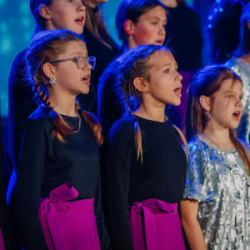
In partnership with The Oxford & Cambridge Singing School, this programme is led by some of the most accomplished choral directors, Oxbridge academics, and top UK educators. With their expertise, participants will refine their musical abilities, build confidence, and explore the rich traditions of English culture in an immersive and supportive environment.
AISL Outdoor: Where the Past Meets the Future (Residential Camp)
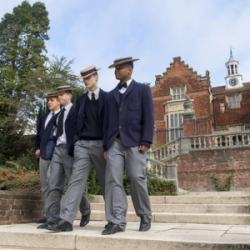
Embark on an inspiring summer journey at the storied Harrow School in the United Kingdom through the AISL Outdoor Summer Camp. This prestigious setting is where time-honored tradition meets the pulse of modern education. Students from around the world are invited to delve into a programme that captures the spirit of ‘Tradition Meets Tomorrow.’ Under the tutelage of Harrow’s esteemed legacy, participants will navigate a curriculum that celebrates historic achievements while fostering a connection with contemporary innovation.
AISL Outdoor: Appi Alpine Quest (Residential Camp)
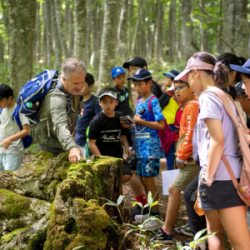
Escape to a realm where adventure intertwines with learning, and every view is a postcard at Appi Japan Outdoor Summer Camp. Nestled in the tranquil embrace of Japan’s captivating landscapes, we offer more than just a retreat; it’s a five-and-a-half-day odyssey that beckons young explorers to delve into the great outdoors, embrace cultural wonders, and embark on a journey of self-discovery.
AISL Outdoor: Swiss Geography & Sustainability Camp (Residential Camp)

Nestled in the heart of the breathtaking Swiss Alps, this one-of-a-kind programme invites students to discover the wonders of nature, learn about sustainability, and take on thrilling outdoor challenges. From hiking through majestic mountain trails to visiting awe-inspiring glaciers and hidden lakes, every day is filled with excitement and opportunities to connect with nature. Students will build lifelong friendships, gain valuable skills, and create unforgettable memories in one of the most stunning landscapes on Earth.
References
- Longfield, A. (2024). Let’s make more time for play in the school day. Tes. Retrieved from https://www.tes.com/magazine/analysis/general/how-more-play-in-school-improves-pupil-wellbeing
- Center on the Developing Child at Harvard University. (2015). Enhancing and practicing executive function skills with children from infancy to adolescence. Retrieved from https://developingchild.harvard.edu/wp-content/uploads/2015/05/Enhancing-and-Practicing-Executive-Function-Skills-with-Children-from-Infancy-to-Adolescence-1.pdf
- American Academy of Pediatrics. (2018). The power of play: A pediatric role in enhancing development in young children. Pediatrics, 142(3), e20182058. Retrieved from https://publications.aap.org/pediatrics/article/142/3/e20182058/38649/The-Power-of-Play-A-Pediatric-Role-in-Enhancing?autologincheck=redirected
